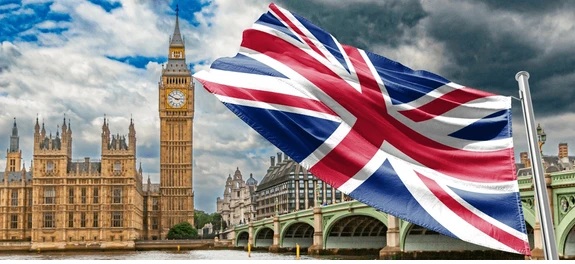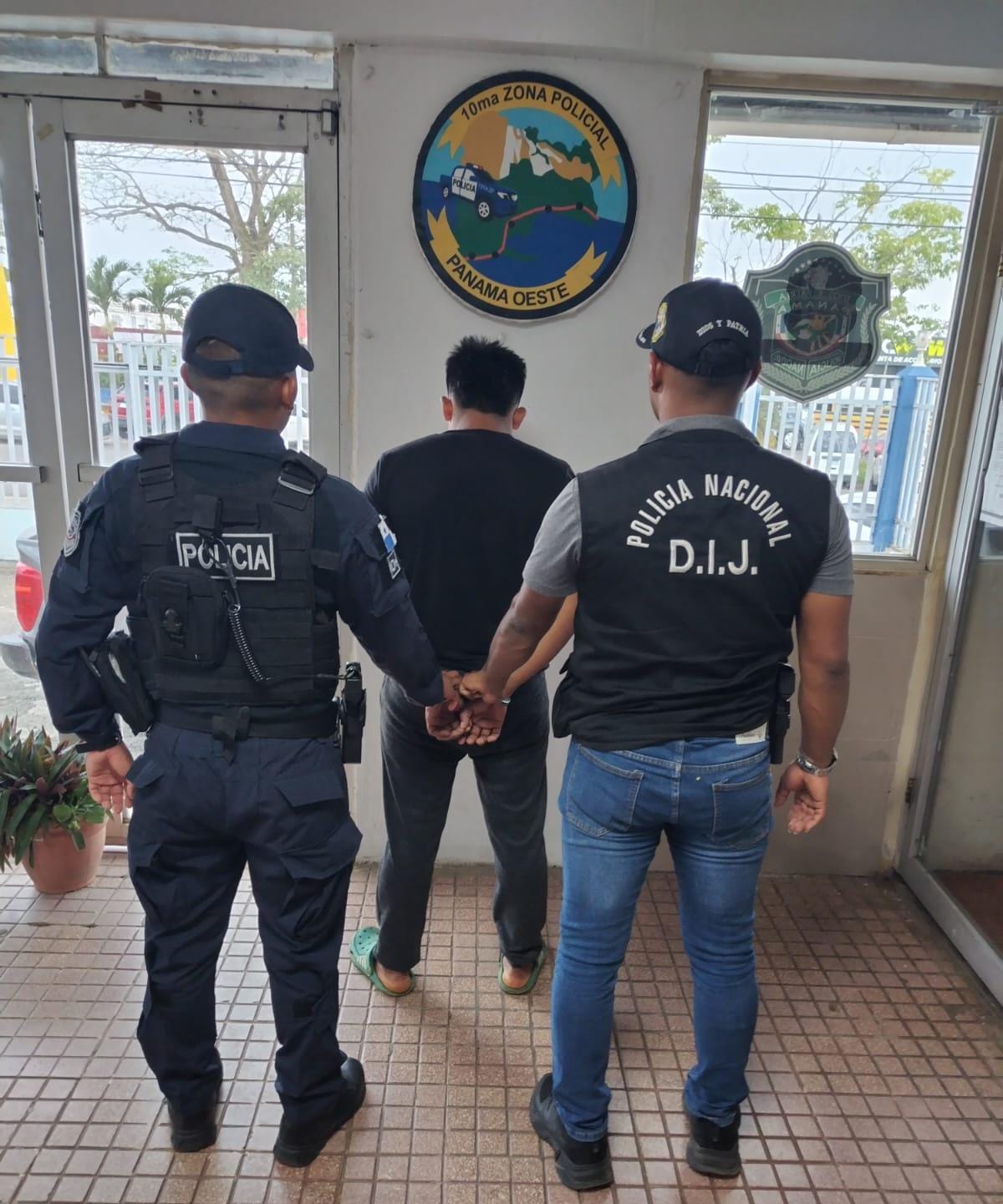Report on Iraq subterfuge may never be printed

WHO SAID WHAT and Why in conversations between former UK Prime Minister Tony Blair and George Bush in the rush to invade Iraq, allegedly based on weak intelligence reports of WMDs has been the subject of an expensive major inquiry.

The inquiry report may never see the light of day, but Robert Fox, writing in The Week, says Publish and Be Damned. These are his reasons:
IS THE Chilcot report into Britain's role in the 2003 invasion and subsequent occupation of Iraq going to be worth the paper it's printed on when – or if – it eventually gets through the government presses?
According to The Independent, the report is likely to be emasculated because of America's refusal to allow publication of crucial notes and conversations between George W Bush and Tony Blair (and Gordon Brown when he succeeded Blair).
This is because Washington claims all records concerning the President of the United States are privileged and not for disclosure in any Tom, Dick and Harry inquiry.
The upshot is that the passages relating to Bush and Blair's decision to go to war in Iraq will be 'redacted' – inked out on the page. The same is likely to happen to mentions of some 200 meetings with the Blair cabinet and its committees.
There is now a real likelihood, according to sources close to the Chilcot committee itself, that the report will not be published at all. It is already woefully over deadline, and hugely over budget, costing just shy of £9 million.
So, given the delays, confusions and clashes between Washington and London, what's the point in publishing it at all? Isn't it time to move on, as Tony Blair and his dwindling band of supporters, the George W Bush Neo-Con 'vulcans', and now even Barack Obama seem so devoutly to wish?
The fact that such an unholy coalition want to bury it makes sufficient grounds for the deepest suspicion.
The Chilcot Inquiry is still set to be the most serious into the shortcomings of British government for the best part of a century. For behind it lies the suspicion that a prime minister and his staff deliberately concealed from parliament, people and party the decision for Britain to go to war in Iraq.
Much of the report has already reached a final draft. It runs to some ten volumes, a million words, excluding annexes. The bulk has been ready for publication for months, and one member of the panel told me back in the summer he had fully expected it to appear last month.
The conclusions hinge on two or three crucial episodes and decisions by the Blair inner court.
The first question is precisely when and why did Blair commit the UK to sending a large force – on the day of invasion some 45,000 service personnel – to march 'shoulder to shoulder' with Bush's legions to overthrow Saddam Hussein's regime.
It was generally believed that the decision was clinched in the meeting between Blair and Bush at the latter's ranch in Crawford, Texas in the spring of 2002. Now there is growing evidence – not all of it yet public – that Blair had made up his mind months before, at the end of 2001.
The question then is why Blair apparently chose not to share his decision to go to war with many in his government, let alone parliament. The armed forces were not allowed to prepare fully – almost until the final three months before the invasion.
By late summer 2002, for example, it was realised that a second brigade was needed for the invasion force, but Army commanders were not allowed to reveal, let alone set in motion, the necessary training and provisioning of the extra troops. The result, as we now know, was that vehicles and soldier did not have adequate armour protection, RAF squadrons had to borrow bombs and munitions from the Americans, and forward troops had little training.
Confusion over the purpose of the mission was to dog operations in Iraq from 2003 to their conclusion in 2009. (Incidentally, much the same could be said, though for different reasons, of the British military mission in Afghanistan, making it essential that there is a proper inquiry into that escapade – taking in all the lessons from the Chilcot farrago.)
The third big issue is the way Blair used parliament to rubber stamp the decision he had already taken to go to war in Iraq. The debate in parliament was brief and largely ill-informed.
Here the worm seems already to have turned. In August this year the Commons voted No to a proposal to launch an attack on Syria. Many MPs said they weren't prepared to agree again to a war based on thin and hastily prepared intelligence briefings.
Congress appeared to follow suit and Obama called off what by all accounts was a chaotic plan of attack involving a high risk of civilian casualties and an ecological disaster from leaking bomb-damaged chemical weapons dumps. In other words, rather than stop the war in Syria, it would have made things much worse.
British foreign policy, as declared in Blair's Strategic Defense Review of 1998 and Cameron's of 2010, is based on the idea that the UK will act in lockstep with the United States, in war and in peace. The latest Anglo-American bust-up over Chilcot now calls that into question, as indeed does the Commons vote over Syria.
The refusal to disclose presidential correspondence and conversations is yet another example of US exceptionalism, a principle often cited by President Obama.
Today 'exceptional' means not being accountable – not having to explain to your allies why you want them to make war, not having to justify extraordinary rendition, Guantanamo Bay, Abu Ghraib or chaotic secretive military courts.
The Chilcot Inquiry has, by many accounts, already unearthed glaring evidence of government mismanagement and worse. Chilcot should steal himself and publish all he knows, whatever Britain's exceptional allies might think and say. It is a duty he owes the public.





